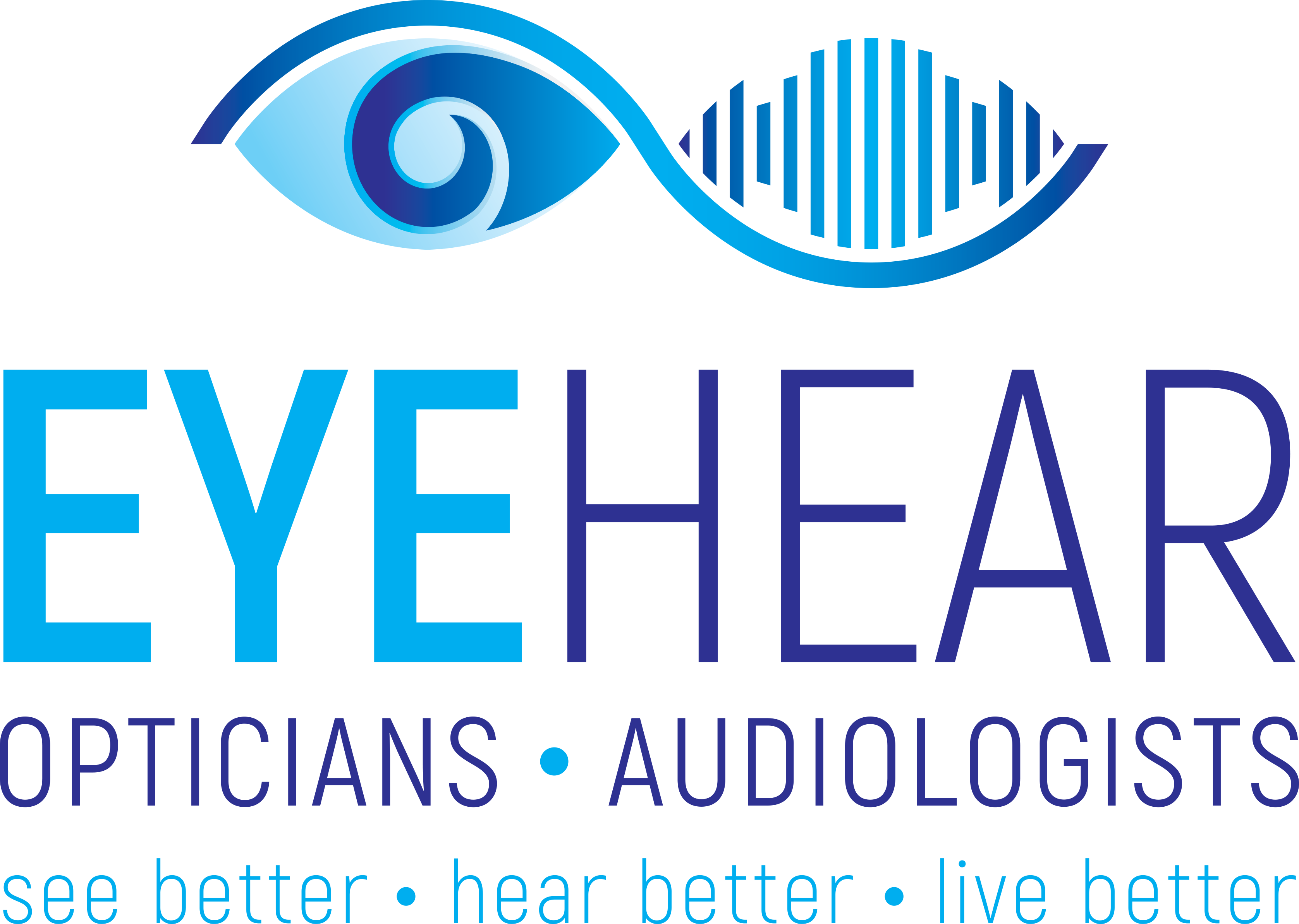World Menopause Day is marked each year on October 18th with the aim of
. While much of the conversation around menopause focuses on symptoms like hot flashes, mood swings, and bone density loss, it’s essential not to overlook its effects on eye health. As women approach menopause, hormonal changes can influence many areas of the body, including the eyes, potentially leading to discomfort, vision changes, and even long-term eye conditions.
At Eye Hear Opticians and Audiologists, we believe that educating women about their eye health during menopause is crucial for maintaining overall well-being. Here’s what every woman should know about the connection between menopause and eye health, as well as tips for protecting their vision during this life stage.
How Does Menopause Affect Eye Health?
Menopause typically occurs between the ages of 45 and 55, bringing about significant shifts in hormone levels, particularly estrogen. Estrogen plays a role in maintaining the moisture levels in many tissues, including the eyes. As estrogen levels drop, women may experience various eye-related issues, some of which can significantly affect their quality of life.
Dry Eye Syndrome
One of the most common eye problems during menopause is dry eye syndrome. The hormonal fluctuations during this time can reduce tear production, leading to feelings of dryness, burning, irritation, and sensitivity to light. Left untreated, dry eye can cause discomfort and, in more severe cases, damage the surface of the eye.
Blurry Vision
Hormonal changes during menopause can also result in fluctuations in vision clarity. Women may notice that their prescription for glasses or contact lenses no longer seems as effective, leading to periods of blurred vision. This is usually temporary, but it’s important to have regular eye exams to monitor any significant changes.
Increased Risk of Cataracts and Glaucoma
Menopause can increase the risk of developing more serious eye conditions, such as cataracts and glaucoma. Cataracts, which cause clouding of the lens, can develop more rapidly as hormonal changes impact the eye’s natural ability to protect itself from oxidative stress. Glaucoma, a condition that affects the optic nerve, can also become a concern during menopause. Regular eye check-ups can help detect these conditions early.
Macular Degeneration
Age-related macular degeneration (AMD) is more common as people age, and hormonal changes during menopause can further contribute to this risk. AMD affects the part of the eye responsible for sharp central vision, leading to difficulties in tasks like reading and driving.
Protecting Your Eye Health During Menopause
Maintaining eye health during menopause requires a proactive approach. Here are some tips to help women navigate this period and safeguard their vision:
- Regular Eye Exams It’s essential to schedule routine eye exams, particularly as you enter menopause. An optometrist can monitor for any early signs of eye conditions like cataracts, glaucoma, or macular degeneration, ensuring prompt treatment if necessary.
- Stay Hydrated and Use Eye Drops To combat dry eyes, staying hydrated is key. Drinking plenty of water and using over-the-counter lubricating eye drops can help keep your eyes moisturized and comfortable.
- Wear Sunglasses Wearing sunglasses that block UV rays is important for protecting the eyes from harmful sun exposure, which can accelerate the development of cataracts and other age-related eye conditions.
- Eat for Eye Health A diet rich in antioxidants, omega-3 fatty acids, and vitamins A, C, and E can promote eye health. Leafy greens, fatty fish, nuts, and colourful fruits and vegetables are all beneficial for maintaining good vision.
Conclusion
As we mark World Menopause Day, it’s a great reminder for women to pay attention to their eye health. Hormonal changes during menopause can affect vision, making it essential to prioritise regular eye check-ups, stay hydrated, and adopt a healthy lifestyle. At Eye Hear Opticians and Audiologists, we’re here to support you with comprehensive eye care, ensuring that your vision remains clear and healthy throughout this stage of life. To discuss your eye health with one our specialists please contact us on 028 8225 7861 or book an appointment here
